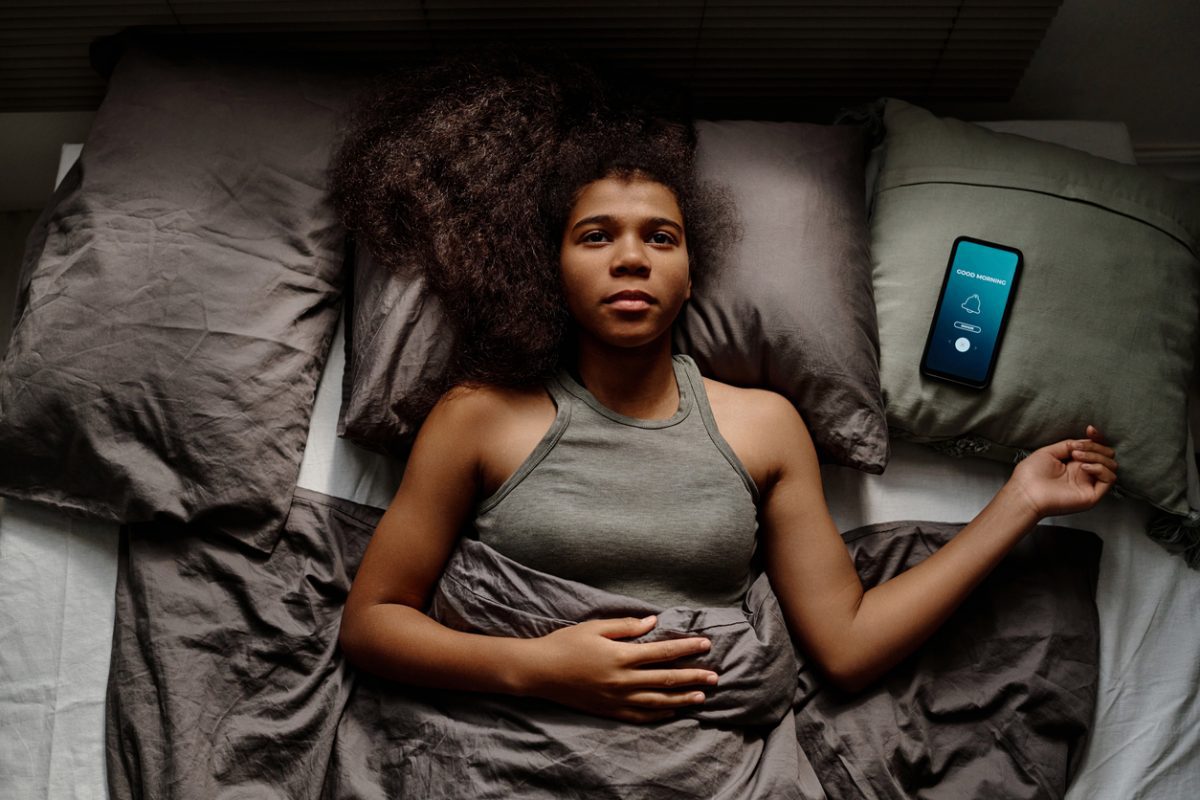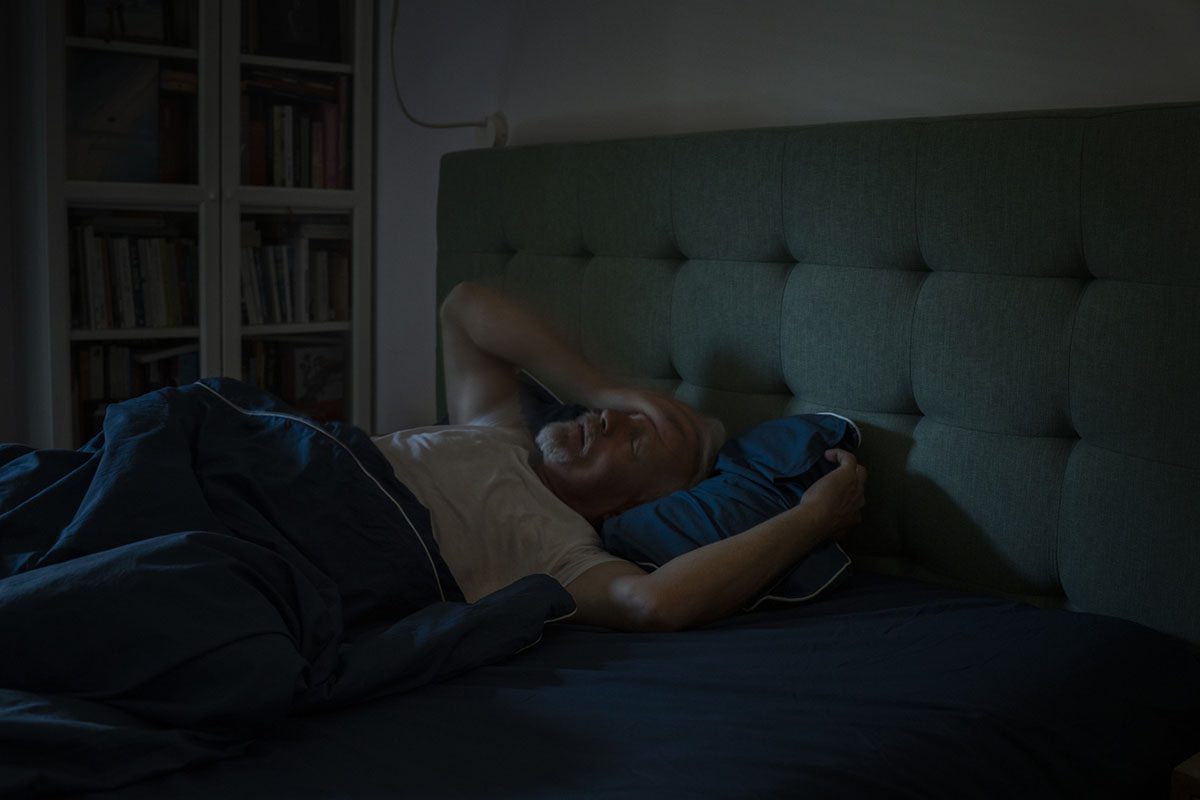Objective: Disturbed sleep has a high impact on daily functioning and has been correlated with psychopathology. We investigated the extent to which insomnia and sleep duration were associated with both current and remitted depressive and anxiety disorders in a large-scale epidemiologic study, taking sociodemographics, health factors, and medication use into account.
Method: Data of 2,619 individuals from the Netherlands Study of Depression and Anxiety (NESDA) were analyzed. Psychopathology was classified as no, current, or remitted DSM-IV-based diagnosis of major depressive or anxiety disorder. Outcome measures were insomnia (Women’s Health Initiative Insomnia Rating Scale score ≥ 9) and sleep duration (≤ 6 hours, 7-9 hours, ≥ 10 hours). Baseline measurement was conducted between September 2004 and February 2007.
Results: Both current and remitted depressive disorder and current anxiety disorder were associated with insomnia and short sleep duration with odds ratios (ORs) for insomnia ranging from 1.42 to 3.23 and for short sleep duration ranging from 1.41 to 2.53. Associations were stronger for current than for remitted diagnoses and stronger for depressive than for anxiety disorders. Also long sleep duration was associated with current depressive disorder and anxiety disorders (OR range, 1.53-2.66). Sociodemographic factors, health indicators, and psychotropic medication use did contribute to sleep outcomes but could not explain much of the psychopathology and sleep associations.
Conclusion: Depressive disorder—but also anxiety disorder—is strongly associated with sleep disturbances. Insomnia and short sleep duration persist after remittance of these disorders, suggesting that these are residual symptoms or possibly trait markers. Also, long sleep duration is associated with current depressive or anxiety disorders.
J Clin Psychiatry 2010;71(3):239-246
Submitted: March 16, 2009; accepted September 28, 2009.
Corresponding author: B. W. J. H. Penninx, PhD, Department of Psychiatry, VU University Medical Center, AJ Ernststraat 887, 1081 HL Amsterdam, The Netherlands ([email protected]).
Members Only Content
This full article is available exclusively to Professional tier members. Subscribe now to unlock the HTML version and gain unlimited access to our entire library plus all PDFs. If you're already a subscriber, please log in below to continue reading.
Please sign in or purchase this PDF for $40.00.
Already a member? Login





